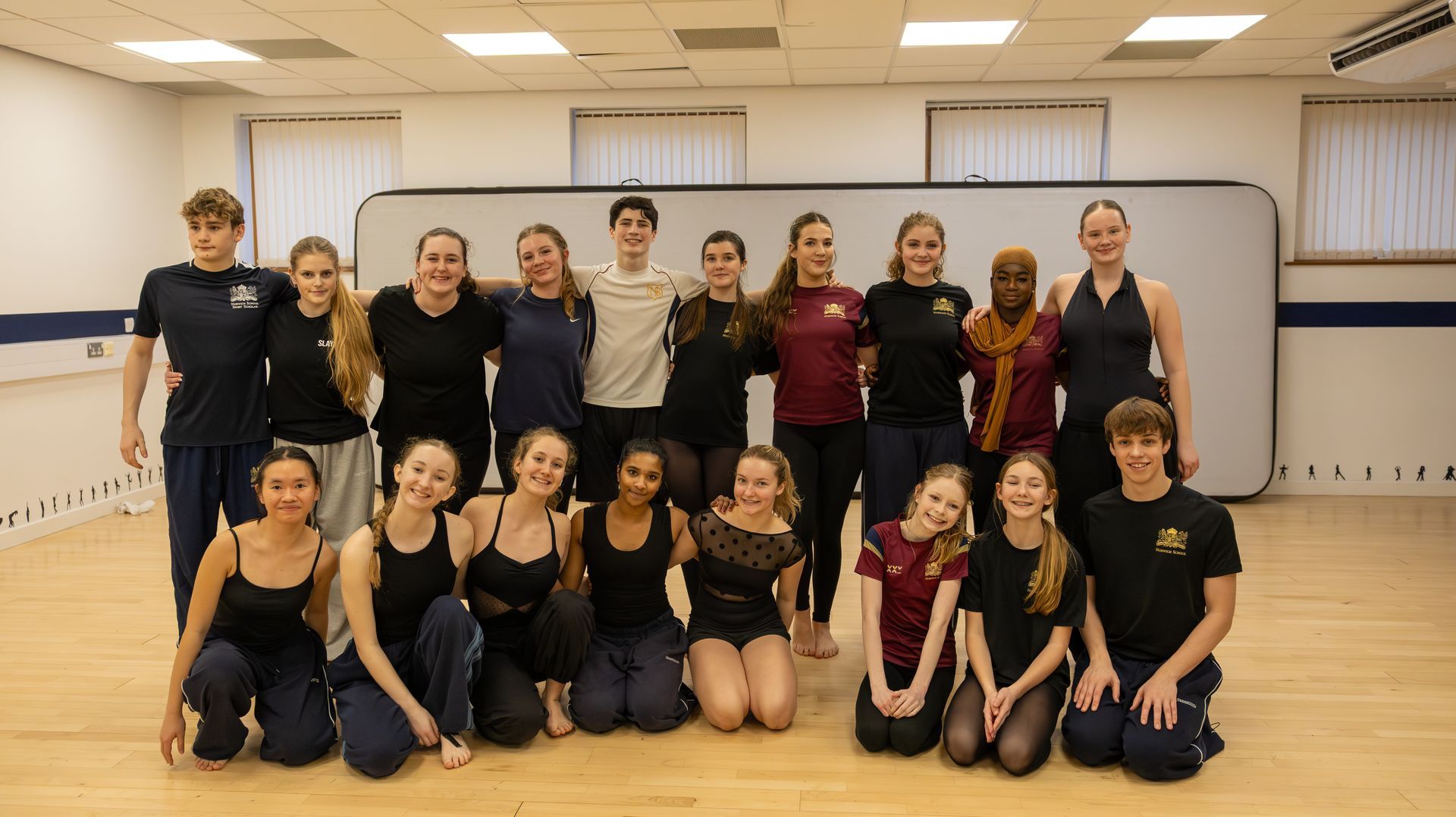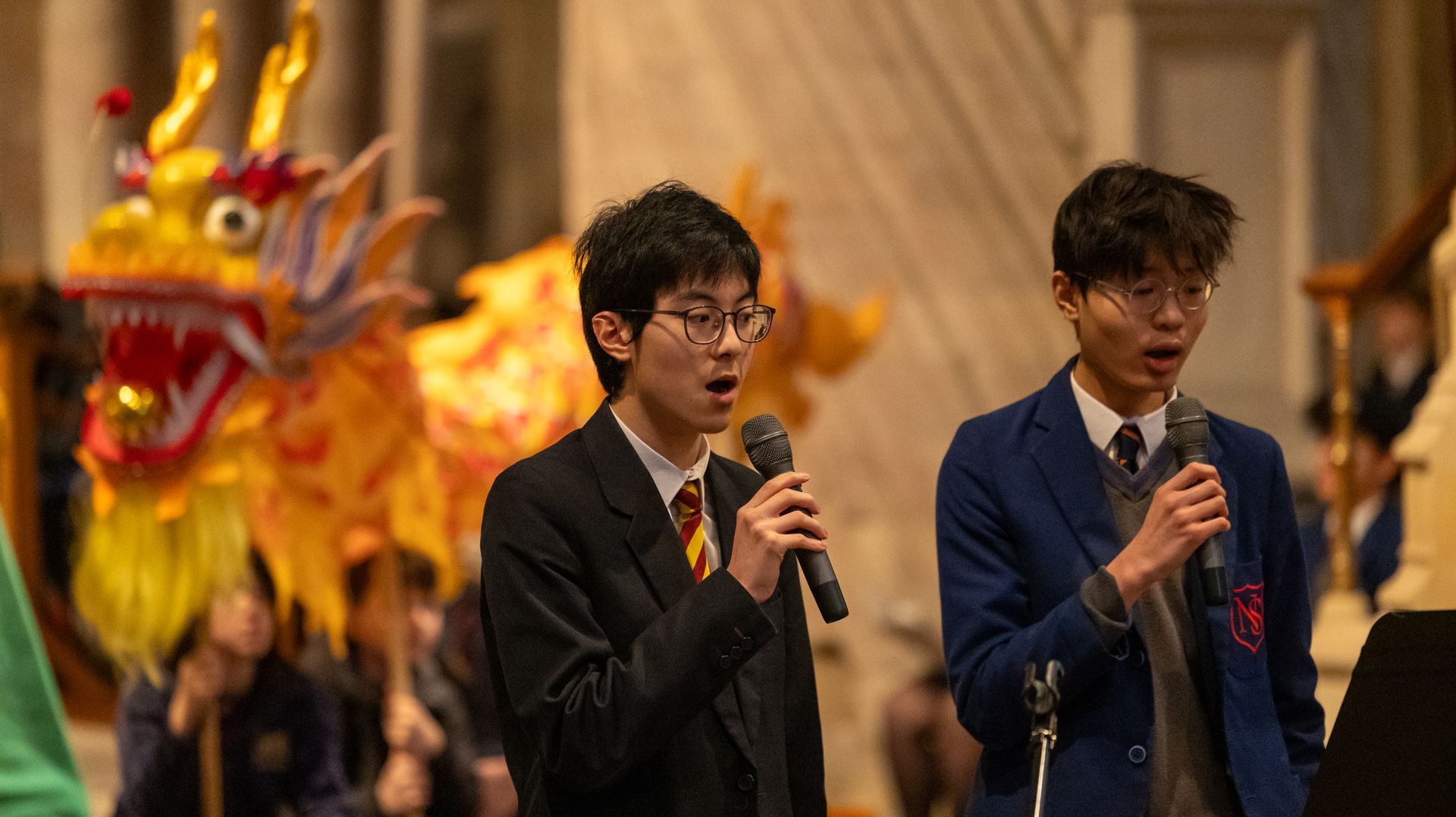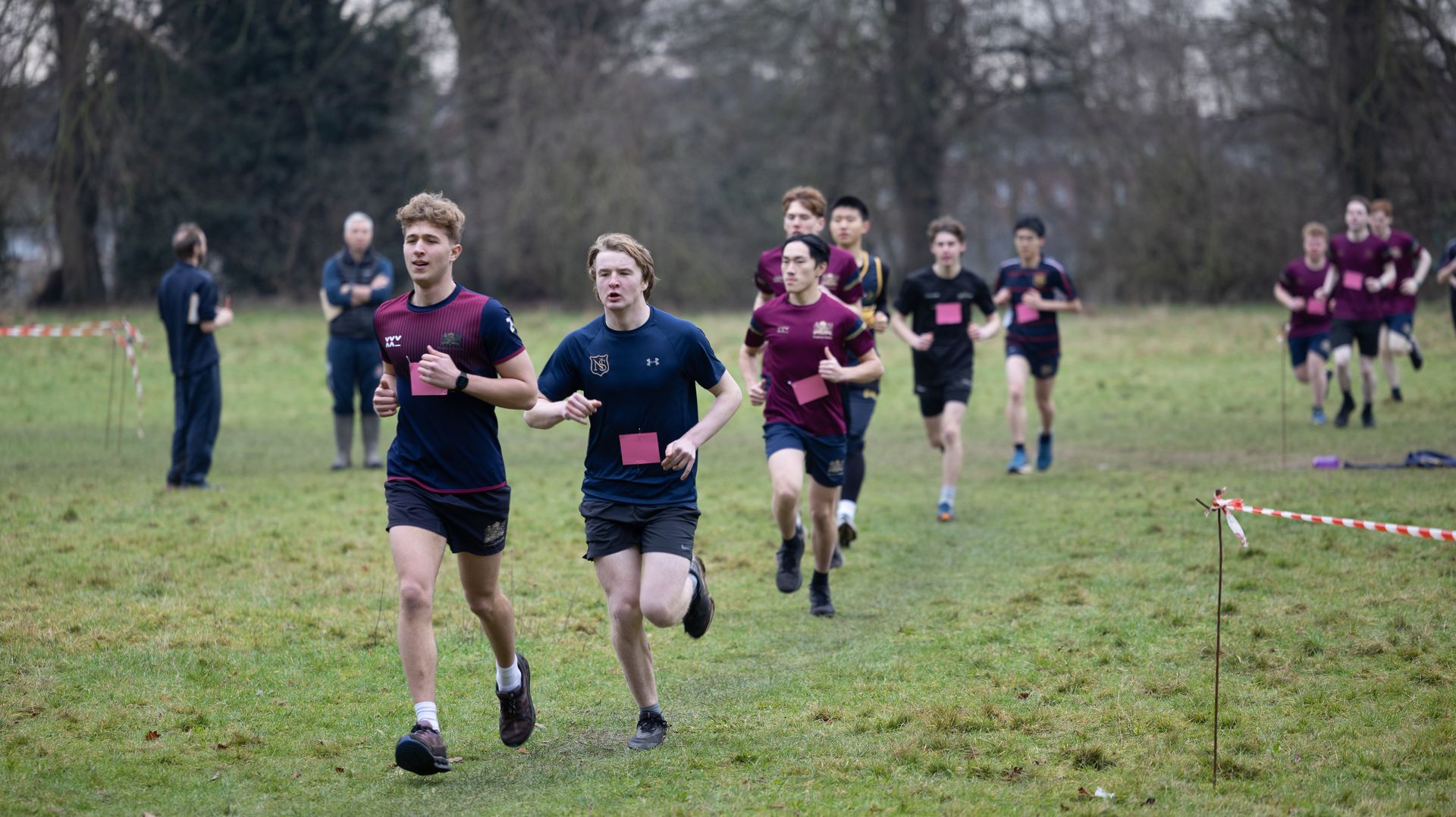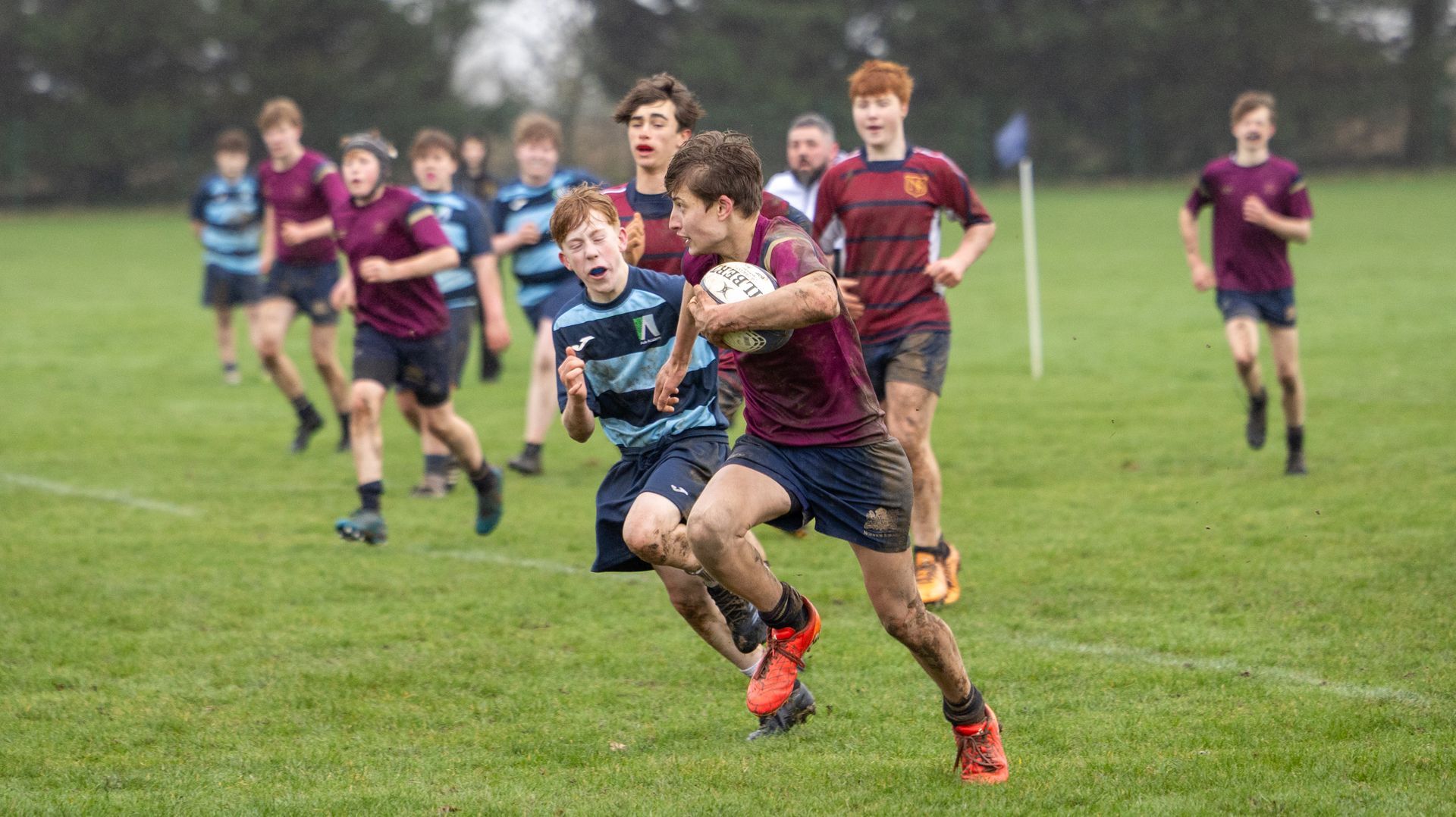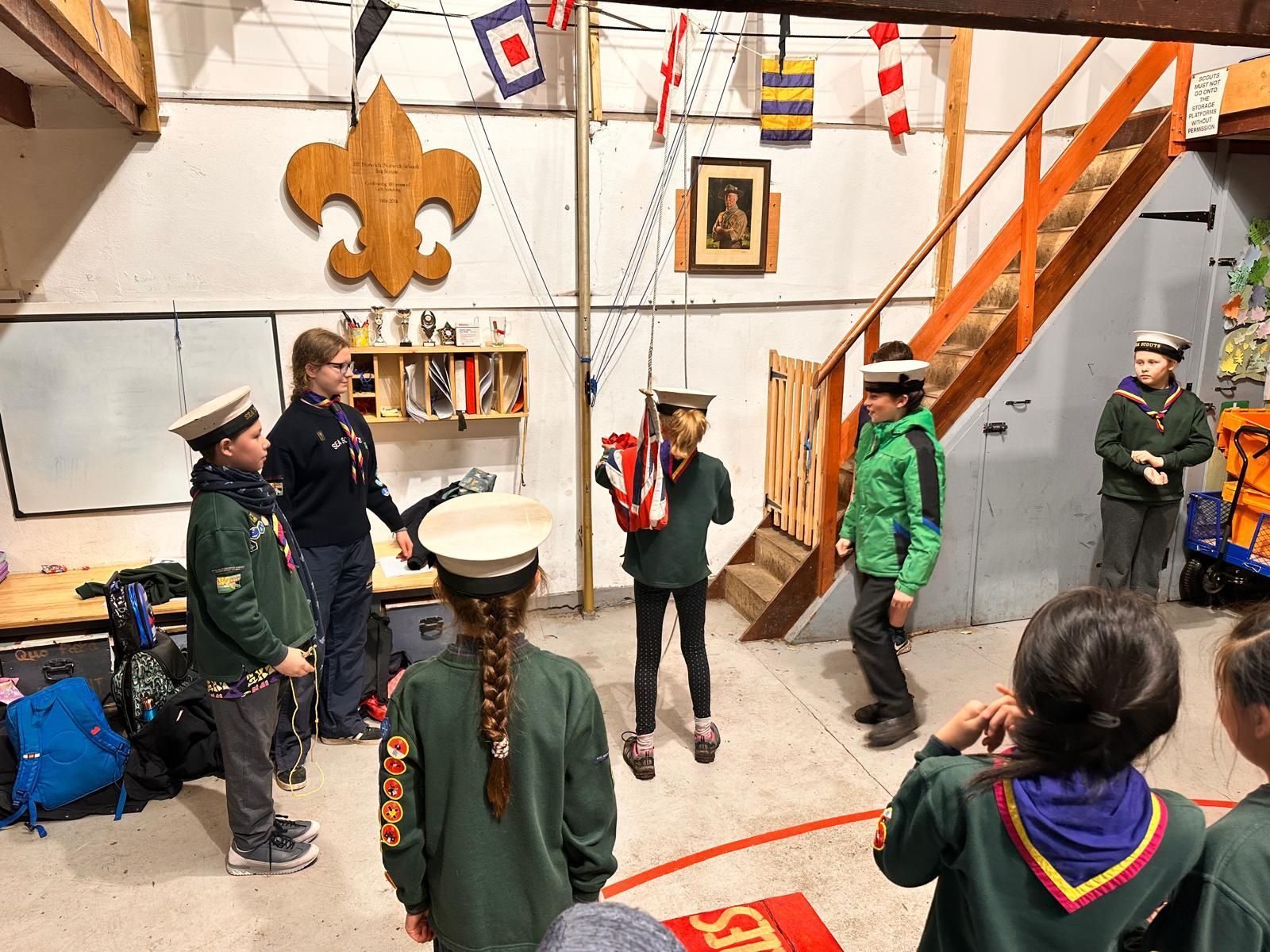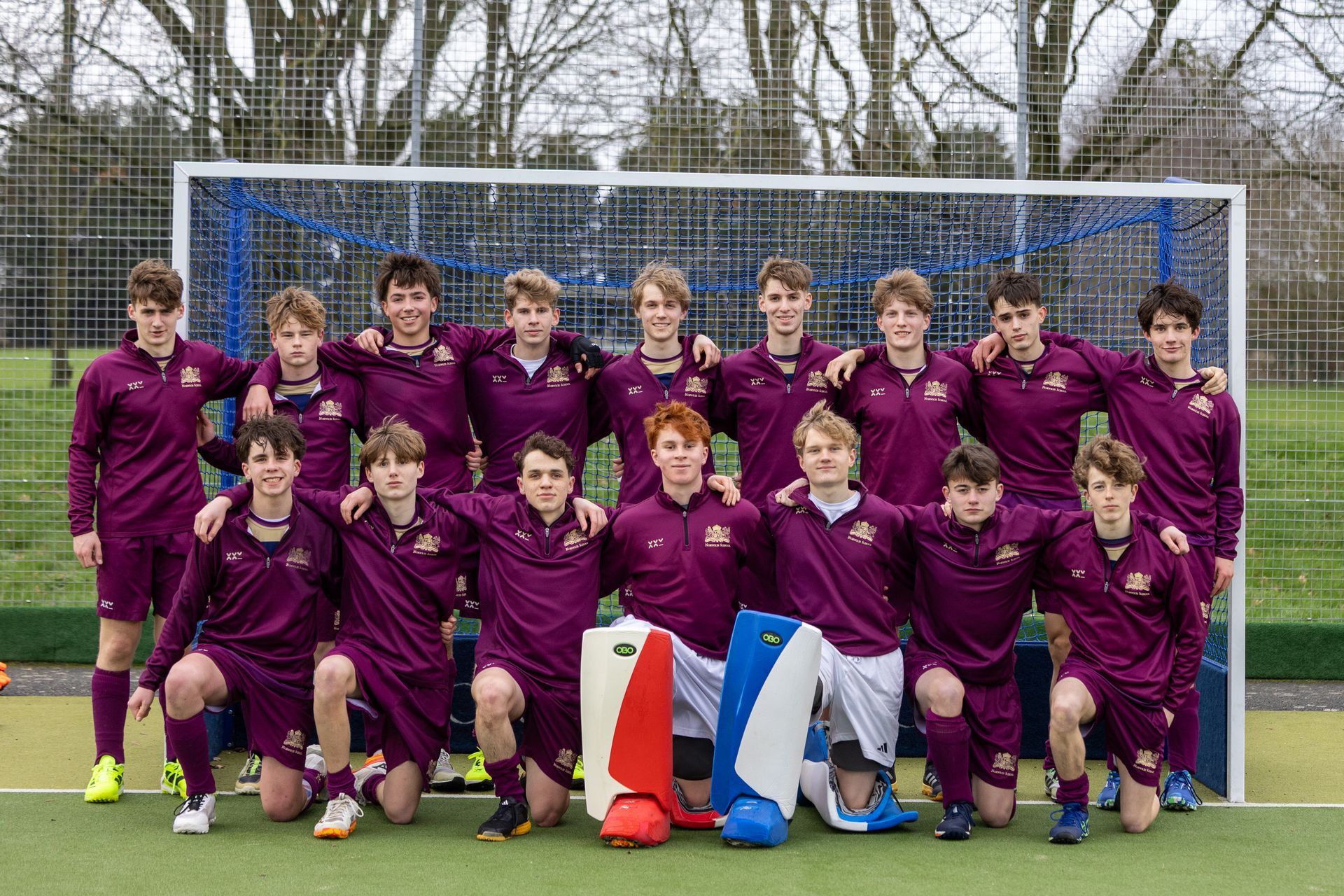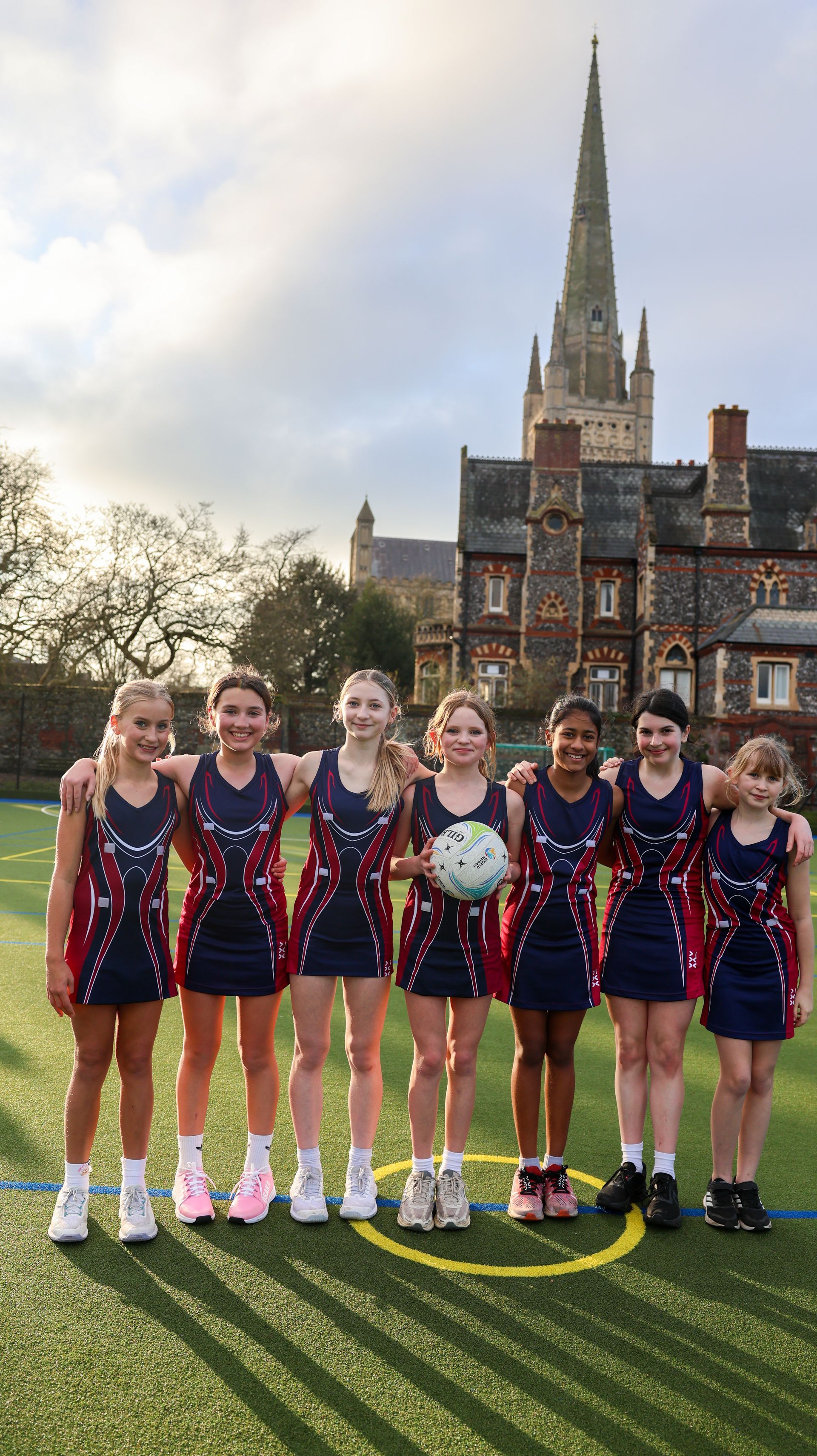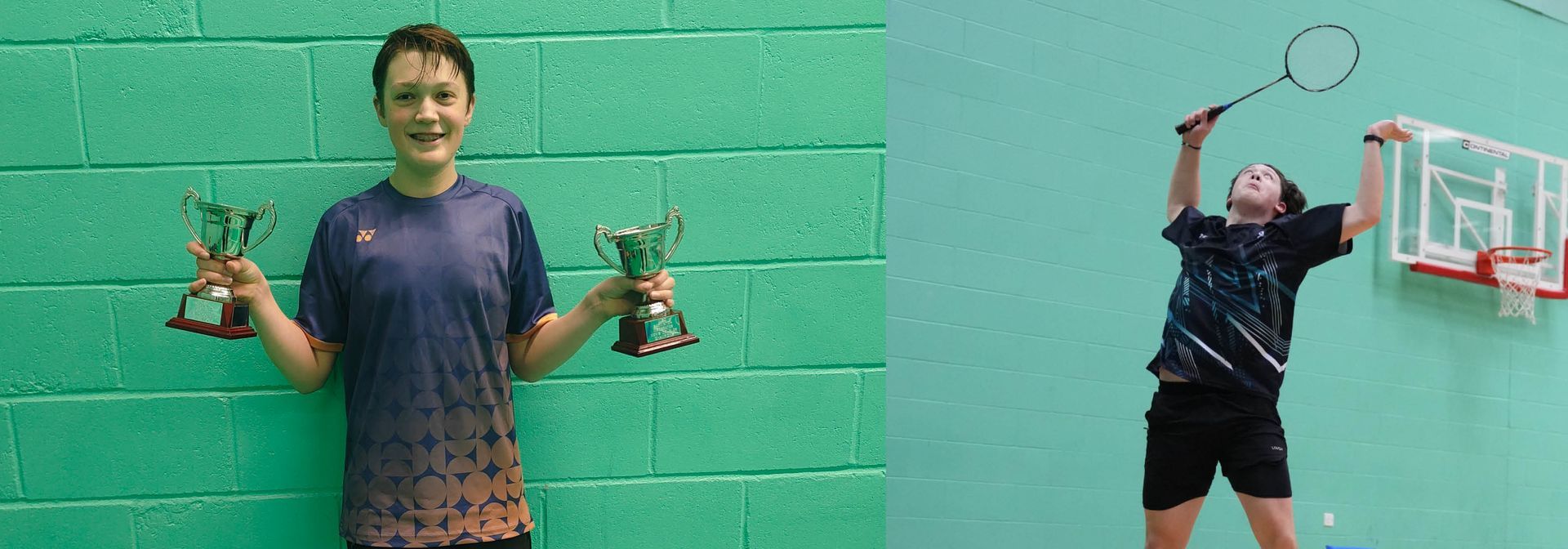Top Tips : Effective Revision
March 17, 2025
Mr Pearce, Deputy Head of UCAS, Politics Teacher and our Apply Plus programme lead, offers some top tips for the art of revising well.
As we approach Trinity Term and public examinations loom on the horizon, remember that lots of the keys to success are surprisingly simple and manageable. The top tips below come from a wide range of previous pupils who are now off doing brilliant things at university, the workplace, and beyond, but who were once nervously staring at fast-approaching exams just like you are now. Here are their pearls of wisdom on revision …
- Don’t wait until you feel like it: if you wait until you ‘feel like’ revising, it will likely never happen. Set yourself a start time, and then get cracking. As someone once said, “Just do it”. You’ll feel much more like it when you’ve made a start, and the sense of satisfaction and progress kick-starts an upwards progression. More often than not, positive emotions follow positive actions rather than the other way around.
- Make a plan: having all your topics planned out and assigned to particular revision slots on particular days is really useful. This is the only way you can be sure that you have enough time to get through everything, so make a plan and do your best to stick to it. Be kind to yourself too – “no plan ever survives first contact with the enemy”, and precious few pupils stick perfectly to their revision aims: but the very act of making a plan helps you take control and measure your progress as you go along.
- Revise actively! My old biology teacher at school always use to say his number one, most magical, most sophisticated and most earth-shattering revision tip was… “use a pen”. Underwhelmed? So was I. But it’s fundamental: simply ‘reading over’ information is not an effective way to get it to stick in your brain. So use a pen – or whatever other format you’ll use in the real exam – and revise actively! One of the most effective ways to do this is to make a great set of notes on each topic, then make notes on your notes, then condense them down until the whole topic is summarised on a single side of A4. Other great active revision tools include the highly recommended “write, learn, cover, test, check, repeat as required" method, as well as good old flash cards, mind maps, posters and mnemonics. Find what works for you, but always revise actively.
- Sit at a proper desk: I once tried ‘revising’ in the sunshine because it was a nice day. It didn’t work. The temptation to revise on your bed or on the sofa can be strong too, but the only place for really focused work is a proper table or desk. After all, it also replicates the real exam situation better, so it’s a win-win.
- Use a countdown clock: at the start of a work session, set a countdown timer for the amount you intend to do. Start the timer and start working, but STOP the timer whenever you do anything that is not actually revision… making drinks, organising your folder, going to the toilet, and so on. This will focus your work time on productive work more effectively, which, in turn, will also ensure you get better time off; work should be work, rest should be rest, play should be play. The more effectively and efficiently you work, the better your time off will feel too.
- Avoid distractions: we all know the dangers of procrastination, where we put off work until we’ve tidied our room or decorated our revision timetable. Outright distraction is even more dangerous, so you need to be ruthless: turn the music off (unless it truly helps you learn), leave your phone in another room entirely, and bring a supply of snacks and drinks to your desk so you don’t have to make that lengthy trip to the kitchen. And remember, if you find yourself getting distracted, stop the clock, because you’ve stopped working!
- Take short breaks: your brain can’t focus on difficult revision for any more than an hour in one go, possibly even less. Find out what works for you, but 30 minutes solid revision followed by a 5-minute break is often a good pattern.
- Practice papers / questions: this is crucial! You’re spending all this time gaining knowledge, but we all know the painful truth that your beautiful hard-earned knowledge isn’t worth very much if you can’t apply it to the exam questions. Like any great sportsperson, you don’t just need power: you need technique to enable you to get the most out of that power. In exams, knowledge is power, but we need to know exactly what the examiners want us to do with it in the exam. So: practise lots of timed exam questions, and use mark schemes to help you assess how well you did. Ask your teachers to mark them too – it’s the sort of thing we really like because it shows you’re doing all the right things!
- Stay healthy – sleep well, eat well and exercise: it can be tempting to go ‘revision crazy’ around exam time… “I’ll sleep when exams are over!” But revision is a very brain-hungry activity, and your brain is an energy-hungry machine: it needs servicing and maintenance to keep it in tip-top shape. The reality is that the right balance of sleep, healthy eating, exercise, connecting with friends and having some fun become more rather than less important during exams. Did you know that doing exercise makes the knowledge you’ve revised stick in your brain better, even if the exercise comes after the revision session rather than before it? Make these good things happen. You’ll be infinitely more effective at revising if you’re keeping yourself well.
- Balance is key: here’s the equation: rest without work is less fulfilling, less rewarding and less fun. Work without rest is less productive, less effective, and more stressful. All performers, from Olympic athletes on the track to world-class musicians on the stage, know that no success comes without serious hard work, but also that appropriate rest is essential for growth and strength. If it’s good enough for them…
- Not all of these suggestions will suit everyone, but the most important thing for everyone to remember is that you need to be organised, balanced and disciplined when it comes to revision. After all, revision lasts just a little while – but the qualifications you stand to achieve last a lifetime. Make the most of revision time, and we look forward to seeing your smile on results day. And if you need us before then, reach out – to your tutor, your teachers, your Head of House, or the Wellbeing Team: we’re all here to help!
